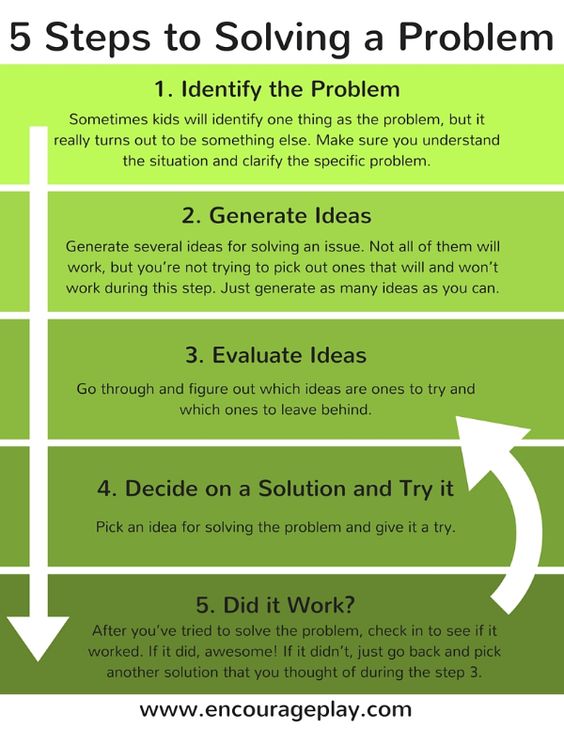What is Problem Solving?
Problem solving is the process of identifying a problem, analyzing it, and then creating a solution. It is an important skill to have in any field, as it helps individuals to think critically and come up with creative solutions to difficult problems. Problem solving is also a process that can be used to develop new ideas and strategies for tackling a variety of challenges.
The Benefits of Problem Solving
Problem solving can help individuals to become more confident and independent thinkers. It can also help them to develop better communication and collaboration skills, as well as the ability to think outside the box. Problem solving can also help to improve problem-solving skills, which are essential for success in many areas, such as business, engineering, and healthcare.
Developing Problem Solving Skills
There are a number of ways to develop problem-solving skills. One way is to practice problem solving in everyday life. This can be done by taking on small tasks that require problem solving, such as figuring out how to fix a broken appliance or figuring out a way to get around a traffic jam. Additionally, individuals can practice problem solving by playing games that require the use of problem-solving skills, such as chess or Sudoku.
Problem Solving Strategies
When it comes to problem solving, there are a number of strategies that can be used. These include brainstorming, which involves coming up with as many possible solutions as possible; trial and error, which involves trying different solutions until one works; and the scientific method, which involves testing and collecting data to come up with a solution.
The Role of Creativity in Problem Solving
Creativity is an important part of problem solving. Creative thinking involves coming up with new ideas and solutions to problems, which can help to make problem solving more efficient and successful. Additionally, creative thinking can help to make problem solving more enjoyable and can help individuals to come up with solutions that are more creative and innovative.
The Role of Emotions in Problem Solving
Emotions can play a role in problem solving. When individuals are feeling stressed, anxious, or angry, it can be difficult to think clearly and come up with effective solutions. On the other hand, when individuals are feeling calm and relaxed, they can more easily come up with creative and innovative solutions.
The Role of Technology in Problem Solving
Technology can be a valuable tool when it comes to problem solving. Technology can help to streamline the problem-solving process by providing access to data and resources that can be used to analyze a problem and come up with a solution. Additionally, technology can help to automate certain problem-solving tasks, such as data analysis, which can help to make problem solving more efficient.
You might find these FREE courses useful
- Problem Solving Using Computational Thinking
- Creative Problem Solving
- Problem Solving with Excel
- Python Basics: Problem Solving with Code
- Excel/VBA for Creative Problem Solving
Conclusion
Problem solving is an important skill to have in any field. It can help individuals to become more confident and independent thinkers and can help them to develop better communication and collaboration skills. Additionally, problem solving can help to improve problem-solving skills, which are essential for success in many areas.


